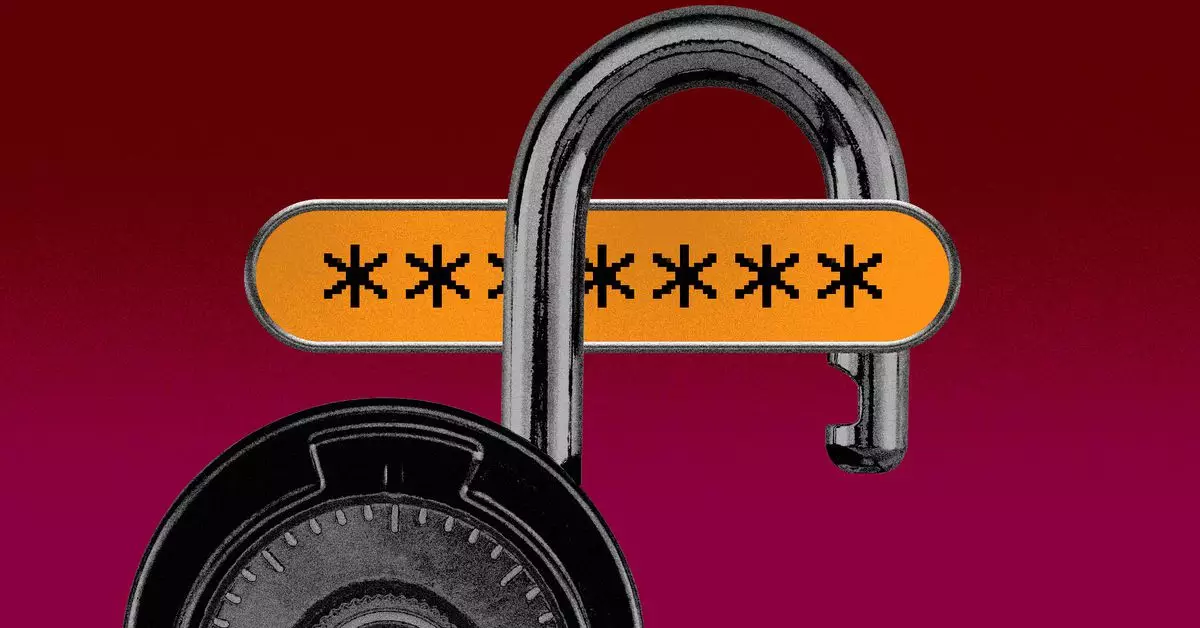On the evening of October 30, 2024, Okta—a prominent identity management service—quietly unveiled a troubling security advisory that sent ripples through the tech community. The revelation highlighted a vulnerability that, under specific circumstances, could allow unauthorized users to gain access by simply entering any password, provided that the username was unusually lengthy—specifically, exceeding 52 characters. While at first glance this may seem like a niche issue, the implications of such a loophole raise significant concerns regarding account security protocols and the potential for widespread abuse.
The vulnerability originated in the management of the cache key used during Authentication Delegation (DelAuth) for Active Directory (AD) and Lightweight Directory Access Protocol (LDAP). At the heart of the matter is the Bcrypt algorithm, a widely respected system typically utilized for hashing sensitive information. However, under conditions involving either a malfunctioning agent or instances of excessive system traffic, the authentication process was capable of referencing a pre-existing cache. This flaw meant that anyone with knowledge of a valid username could potentially bypass the need for a password altogether—an oversight alarming enough to warrant rigorous scrutiny of Okta’s security infrastructure.
Contextualizing the Risk
This vulnerability isn’t just a theoretical risk; it is a tangible manifestation of what can occur when standard security measures are improperly applied. For organizations reliant on Okta’s solutions, the ramifications could be dire, especially for those whose authentication policies lack strict safeguards like Multi-Factor Authentication (MFA). The potential for exploitation emphasizes the critical importance of robust security measures in our increasingly digital landscape, where breaches can lead to significant data loss and compromised user privacy.
In response to the discovery, Okta promptly transitioned from the Bcrypt algorithm to PBKDF2, a more secure hashing technique, thus closing the door on a vulnerability that had persisted since a software update on July 23rd. However, the incident has forced customers and industry stakeholders alike to reassess their reliance on third-party authentication services. Organizations are encouraged to evaluate log files from the past three months and to reinforce their authentication frameworks—exemplifying a need for vigilance in an era characterized by rapid technological advancement.
This recent incident underscores a larger trend in the tech industry regarding vulnerabilities arising from outdated protocols and inadequate checks. As cyber threats evolve, so too must security practices; organizations must ensure they are not complacent in their technological defenses. The Okta vulnerability serves as a pivotal reminder that even industry leaders are not immune to lapses in security. Consequently, continuous evaluation and proactive measures in cybersecurity should never be overlooked to safeguard both user data and organizational integrity.


Leave a Reply